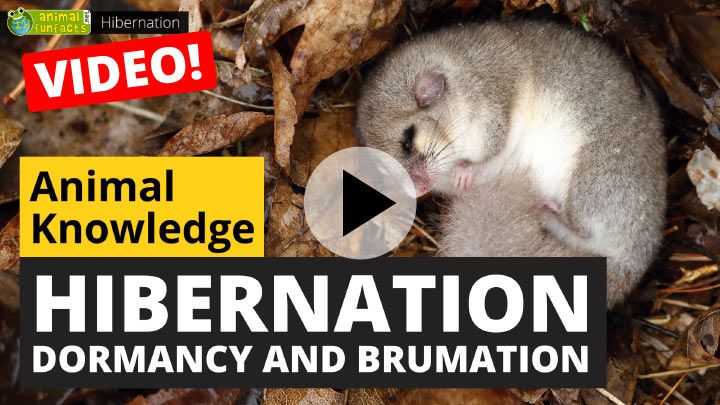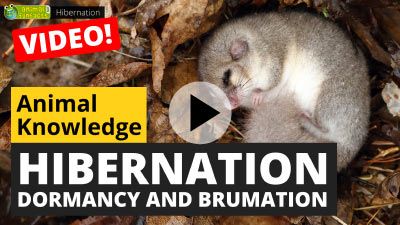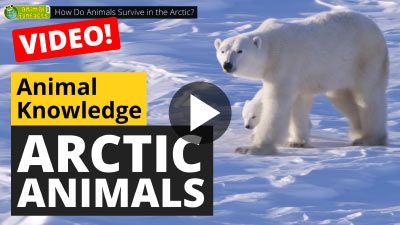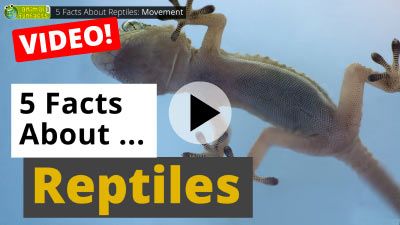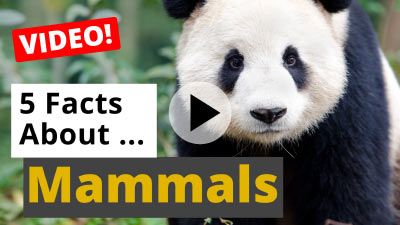Video: All About Hibernation
Which animals hibernate? Do the animals really sleep for month? And why do they do that? What is actually the difference between hibernation and brumation? You will find out in our knowledge video!
(Video opens on YouTube)
Here we offer a transcript of the video:
During summer, animals find plenty to eat. When winter is near and the first snow falls, there is not enough food anymore. This is why some animals fall into a state of hibernation. Are there different kinds of hibernation? What is the difference to dormancy and brumation?
Hibernation
Hedgehogs, groundhogs, edible dormice, bats and hazel dormice hibernate. During this period they sleep all the time. Until spring, they hardly eat anything or do not eat anything at all. They rely on their fat reserves. Hibernating helps them to save energy. In autumn, the hedgehog looks for a cozy shelter that keeps the icy wind away. When the hedgehog is hibernating, you must not wake it up! If you do so the hedgehog would need to eat food quickly. But it won't find any in the snow.
Additional info:
Groundhogs also hibernate. With the first snow, they disappear in their den below the ground, huddle together and thus keep each other warm. During the hibernation period, up to 20 groundhogs live in one den sometimes. The edible dormouse digs into the ground and rolls up like a ball. Prior to hibernating it doubles its weight. The hazel dormouse hibernates in burrows, tree-holes, or piles of leaves. Bats that do not move south in autumn also hibernate.
Dormancy
Brown bears, squirrels, raccoons, raccoon dogs, bagder and European hamsters spend the winter in a state of dormancy. The animals don’t sleep until next spring, but wake up regularly. Some leave their dens to feed on their supplies or search for fresh food.
In autumn, the squirrel stores nuts and hides them in the ground or tree crevices. During the cold season, the squirrel digs out the nuts to feed on them. You could say, the ground is the squirrel’s “freezer” that comes in handy when the little rodents are hungry. In order to survive the cold season, the brown bear gains up to 90 lb (40 kg) of weight before winter. Right in time for the first snow, it has equipped its cave with plants to spend the next few months there. During this time, the brown bear does not eat and drink, but wakes up from time to time to stretch its legs.
Additional info:
Raccoons eat acorns, nuts, fish, amphibians, and eggs. Before the winter starts, they eat a lot to gain weight. Then they can weigh twice as much as during the summer. The heaviest raccoon weighed 62.6 lb (28.4 kg). The badger also builds a den. When the first snow appears, it withdraws into its cozy cave and closes the entrance with leaves and earth. European hamsters build a den about 3 feet (1 meter) deep, because the soil does not freeze at this depth. They store about 4-5 lb (2 kg) of legumes, turnips, and potatoes in tunnels.
Brumation
Fishes, frogs, lizards, turtles and insects enter a state of torpor. Before to the first frost, they bury themselves into the mud or hide in little hollows. They brumate until spring arrives when it gets warm again. You cannot wake them up!
The animalfunfacts Roundup!
Hibernating animals sleep all the time and do not consume any food. They have a slow metabolism and a low body temperature. Animals that go dormant wake up now and then and search for food. They have a normal metabolism and a normal body temperature. Brumating animals are in a state of torpor. You cannot wake them up. They have a very slow metabolism and a very low body temperature.

